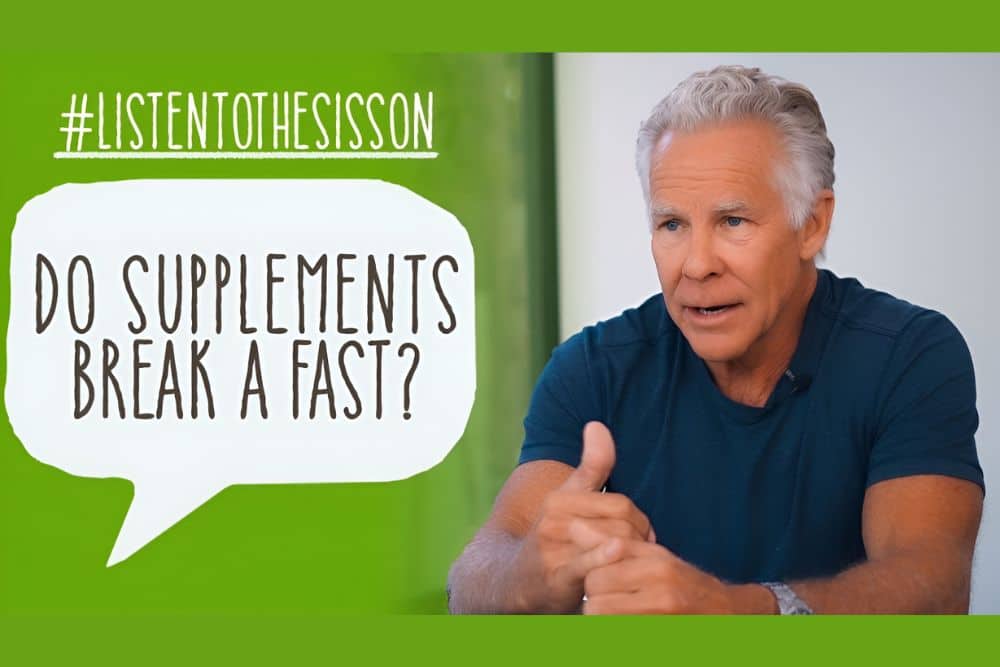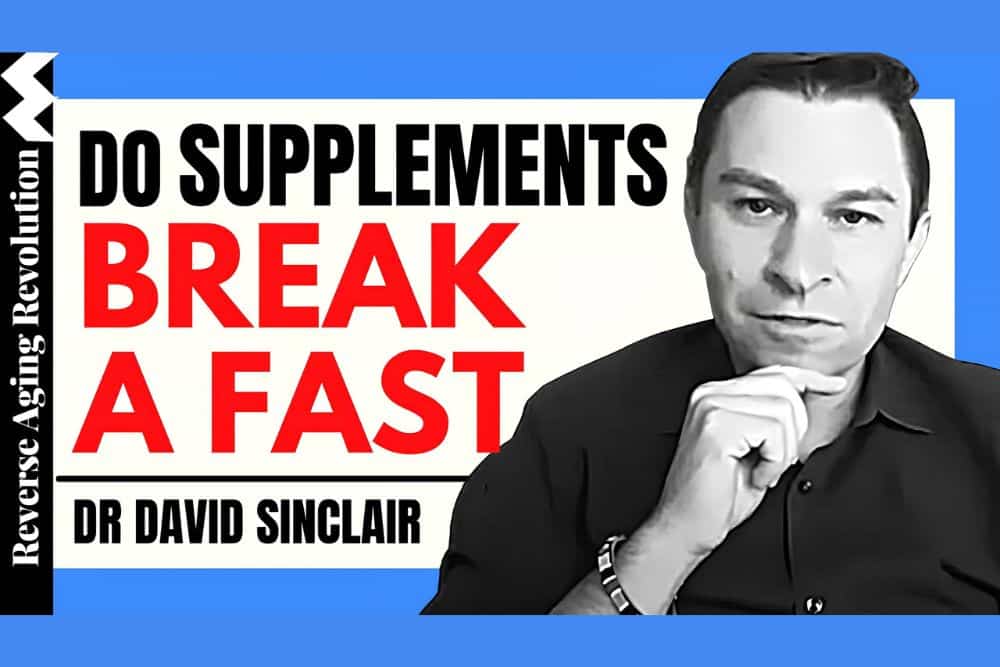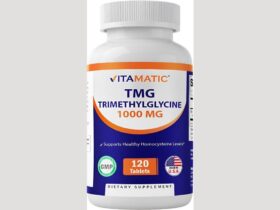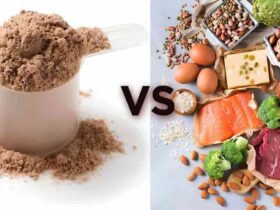Do Supplements Break a Fast? Fasting has been a practice for centuries, rooted in various cultural, religious, and health-related traditions. In recent years, intermittent fasting has become a robust health and weight management tool. Fasting regimes like the 16:8 or 5:2 patterns have become common among health enthusiasts aiming to improve metabolism, burn fat, or promote longevity. However, as the practice of fasting becomes more widespread, so do questions about what constitutes a “true” fast. Among these questions, one stands out: Do supplements break a fast?
Supplements come in many forms—vitamins, minerals, amino acids, herbal extracts, and more. People use them to maintain health, fill nutritional gaps, and support their well-being. But do these supplements disrupt the fasting state and negate the potential benefits of fasting? This article explores the various types of supplements and whether or not they break a fast. By examining how different supplements interact with your body and their potential effects on fasting, you can decide which supplements you can take while fasting.
What Does It Mean to Break a Fast?
Do Supplements Break a Fast? Before diving into the role of supplements, it’s essential to understand what “breaking a fast” means. Fasting, in its most basic sense, means refraining from consuming food and beverages for a designated time. However, there’s more nuance when determining what breaks a fast. Different types of fasting focus on other objectives, which may affect whether taking a supplement is acceptable or not.
- Fasting for Metabolic Health and Weight Loss
Suppose you are fasting to achieve metabolic health or weight loss. In that case, you aim to keep insulin levels low and activate processes like autophagy, the body’s method of cleaning out damaged cells. In this case, consuming anything that spikes insulin levels or introduces a significant amount of calories may be considered breaking the fast.
- Fasting for Autophagy and Longevity
When fasting for autophagy and cellular repair, the goal is to let the body enter a self-cleaning mode. Depending on the supplement, introducing nutrients, amino acids, or even high levels of specific vitamins might interfere with autophagy.
- Fasting for Religious or Spiritual Purposes
The guidelines for religious fasting are often stricter and more traditional. The intention is often abstinence from all food, drink, and sometimes even water. In these cases, any supplement would likely be considered breaking the fast.
- Fasting for Blood Sugar Control
For individuals with health conditions like diabetes, the goal is often to control blood sugar levels. Supplements that impact glucose and insulin levels might break the fast in this context.
Understanding these different goals helps frame the discussion of whether or not a supplement breaks a fast. Now, let’s explore the impact of various joint supplements on fasting.
Types of Supplements and Their Impact on Fasting
Do Supplements Break a Fast? Vitamins and Minerals

- Water-soluble vitamins (B-Vitamins, Vitamin C)
To maximize absorption, water-soluble vitamins are generally consumed on an empty stomach. Do Supplements Break a Fast? Since they contain no calories or significant macronutrients, they are unlikely to impact insulin levels or break a fast from a metabolic standpoint. Therefore, taking water-soluble vitamins is generally safe if you are fasting for weight loss or metabolic health.
However, some believe that specific vitamins, like vitamin C, can stimulate mTOR (a cellular growth pathway) and potentially disrupt autophagy, though evidence in this area is limited.
- Fat-soluble vitamins (Vitamins A, D, E, K)
Fat-soluble vitamins are best absorbed with dietary fat. Consuming these vitamins with a source of fat, such as fish oil capsules, could introduce calories and potentially raise insulin levels, which may break a fast. Some experts recommend taking these vitamins with your first meal rather than during a fasting period to avoid disrupting your fast.
- Electrolytes (Sodium, Potassium, Magnesium)
Electrolyte supplements are crucial for many people during fasting, especially for those following a low-carb diet like keto. Electrolytes are essential for maintaining hydration and avoiding symptoms like dizziness, fatigue, and muscle cramps. Do Supplements Break a Fast? Since electrolyte supplements typically contain no calories, they are unlikely to break a fast. However, some electrolyte solutions may include sweeteners or flavors that can stimulate insulin, so it’s essential to check the label.
Do Supplements Break a Fast? Amino Acids and Protein Supplements

- Branched-Chain Amino Acids (BCAAs)
BCAAs are a commonly used supplement to support muscle growth and enhance recovery.However, taking BCAAs during a fast introduces calories and spikes insulin levels, which could halt the benefits of fasting, especially autophagy. BCAAs, such as leucine, are particularly potent in triggering insulin release.
Do Supplements Break a Fast? If your goal is weight loss or autophagy, avoiding BCAAs while fasting is best. If you are fasting for muscle maintenance, you might still benefit from taking BCAAs, but this is a more advanced approach that should be discussed with a healthcare provider or nutritionist.
- Collagen and Protein Powders
Collagen supplements are often promoted for their benefits to skin, joints, and overall health. However, collagen is a protein, and consuming it during a fast introduces calories and amino acids, which disrupts autophagy and spikes insulin levels. Do Supplements Break a Fast? Protein powders, regardless of their source (whey, plant-based, etc.), also contain calories and macronutrients that break a fast.
- Herbal Supplements and Adaptogens
Do Supplements Break a Fast? Herbal supplements like ashwagandha, ginseng, turmeric, and green tea extract often support stress, inflammation, and overall vitality. Most herbal supplements contain little calories, so they may not technically break a fast if your goal is metabolic health.
However, some herbal supplements can impact hormone levels, digestion, or the body’s stress response. For example, turmeric can have anti-inflammatory effects that affect autophagy. The consensus is that moderate use of herbal supplements is acceptable during fasting, but caution is advised.
- Caffeine and Caffeinated Supplements
Many rely on coffee, green tea, and caffeine supplements to get through fasting, as caffeine is a natural appetite suppressant and metabolic booster. Black coffee or unsweetened tea contains negligible calories and is considered safe for fasting.
Caffeine supplements may contain added ingredients like flavorings or fillers that introduce calories. Check the label carefully to ensure the supplement doesn’t contain additives that could be used for breakfast.
- Fish Oil and Omega-3 Supplements
Fish oil supplements contain fat, which introduces calories. While these supplements don’t significantly spike insulin levels, they interrupt autophagy if your goal is strict fasting, so it’s best to save these for your eating window.
- Probiotics and Digestive Enzymes
Probiotic supplements are typically low in calories, but they contain live bacteria. Do Supplements Break a Fast? Whether or not they break a fast is debatable, depending on how strict your fasting goals are. From a metabolic standpoint, they are unlikely to interfere with insulin or blood sugar levels.
Digestive enzymes, on the other hand, are intended to aid in the digestion of food. Without food, these supplements may not serve much purpose and could trigger digestive processes that technically end the fast.
Factors to Consider When Taking Supplements While Fasting
- Calories and Insulin Response
Do Supplements Break a Fast? When deciding if a supplement breaks a fast, the primary consideration is whether it introduces significant calories or spikes insulin levels. Caloric supplements or those that raise blood sugar can disrupt a fast for weight loss or autophagy.
- Type of Fasting
Your goals will determine whether taking supplements during fasting is acceptable. If you’re fasting for metabolic health, a few calories from supplements like electrolytes or water-soluble vitamins may be permissible. However, any supplement may break your fast if you are fasting for religious purposes.
- Supplement Form
Do Supplements Break a Fast? The form of the supplement matters. For example, powdered supplements or capsules without fillers are less likely to introduce unnecessary calories or additives that could break a fast.
Practical Tips for Supplementation While Fasting
- Read Labels Carefully: Check for hidden sugars, fillers, and additives that could disrupt your fast.
- Time Your Supplements: Take fat-soluble vitamins and caloric supplements like protein powders with your eating window rather than during the fasting period.
- Choose Quality Supplements: Opt for high-quality, third-party-tested supplements without unnecessary fillers.
- Stay Hydrated: Dehydration is a common issue during a fast. Electrolyte supplements can be a valuable addition to your fasting routine if they don’t contain added sugars.

Conclusion
Do Supplements Break a Fast? Whether supplements break a fast largely depends on your fasting goals and the type of supplement in question. Water-soluble vitamins, electrolyte supplements, and non-caloric herbal extracts are generally safe for most types of fasting. On the other hand, supplements like BCAAs, protein powders, and fish oils are more likely to break a fast due to their caloric content or impact on insulin and cellular processes.
For those fasting to improve metabolic health or achieve weight loss, avoiding supplements with calories or those that spike insulin is critical.Do Supplements Break a Fast? However, if your primary goal is to maintain muscle mass or focus on specific health conditions, carefully chosen supplements can be integrated into your fasting regimen with minimal disruption.
By understanding the impact of supplements on your fast, you can create a personalized fasting plan that aligns with your health and wellness goals. Ultimately, whether to include supplements during a fast should be based on a clear understanding of your objectives, the nature of the supplement, and how it interacts with your body. With this knowledge, you can optimize your fasting and supplementation routine for the best possible results.
FAQ:
Q: Does creatine break a fast?
Ans: No, creatine doesn’t break a fast. It has no significant calories or insulin-spiking effects, so it won’t interfere with the benefits of fasting.
Q: Does salt break a fast?
Ans: Does salt break fast? No, salt (or sodium) is one of the essential electrolytes that our body needs to function properly. Electrolytes are free of calories, which is why consuming them won’t break your fast.
Q: Can I take my supplements while fasting?
Ans: Yes, you can take most supplements while fasting, as long as they don’t contain calories or cause an insulin response. Just avoid those with sugars or fats if you want to maintain the fast.
Q: Will 5 calories break a fast?
Ans: No, 5 calories generally won’t break a fast, as it’s a very small amount and unlikely to have a significant impact on the benefits of fasting.











Leave a Reply